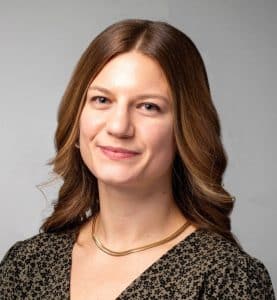DEI: Leadership drives success

Psychologists can play critical role
The civil rights movement of the 1960s led to the creation of diversity, equity, and inclusion (DEI) programs in schools, businesses, and various organizations. In recent years, DEI (also known as EDI) has come to encompass more than just racial justice. The movement addresses disparities regarding sexual orientation, gender identity, religious affiliation, ethnicity, educational opportunities, and other issues.
Aliya Webermann, Ph.D., private practitioner in Hampden, CT, works with LGBTQIA+ clients facing bias related to gender identity and sexuality, utilizing her expertise in trauma-informed psychotherapy. “I provide support during the transition affirming process for those coming out as queer, gay or...
Want to keep reading this article from New England Psychologist?
Login below or subscribe today to support independent journalism!
